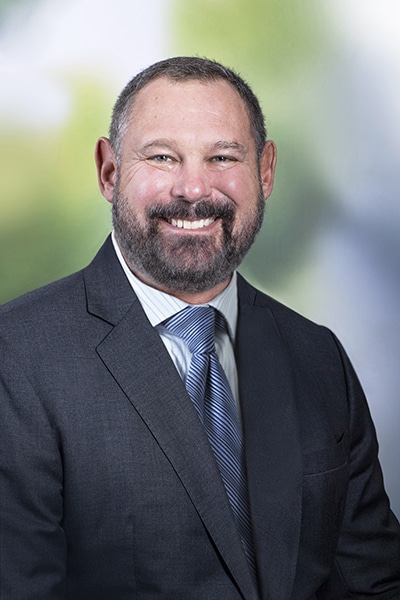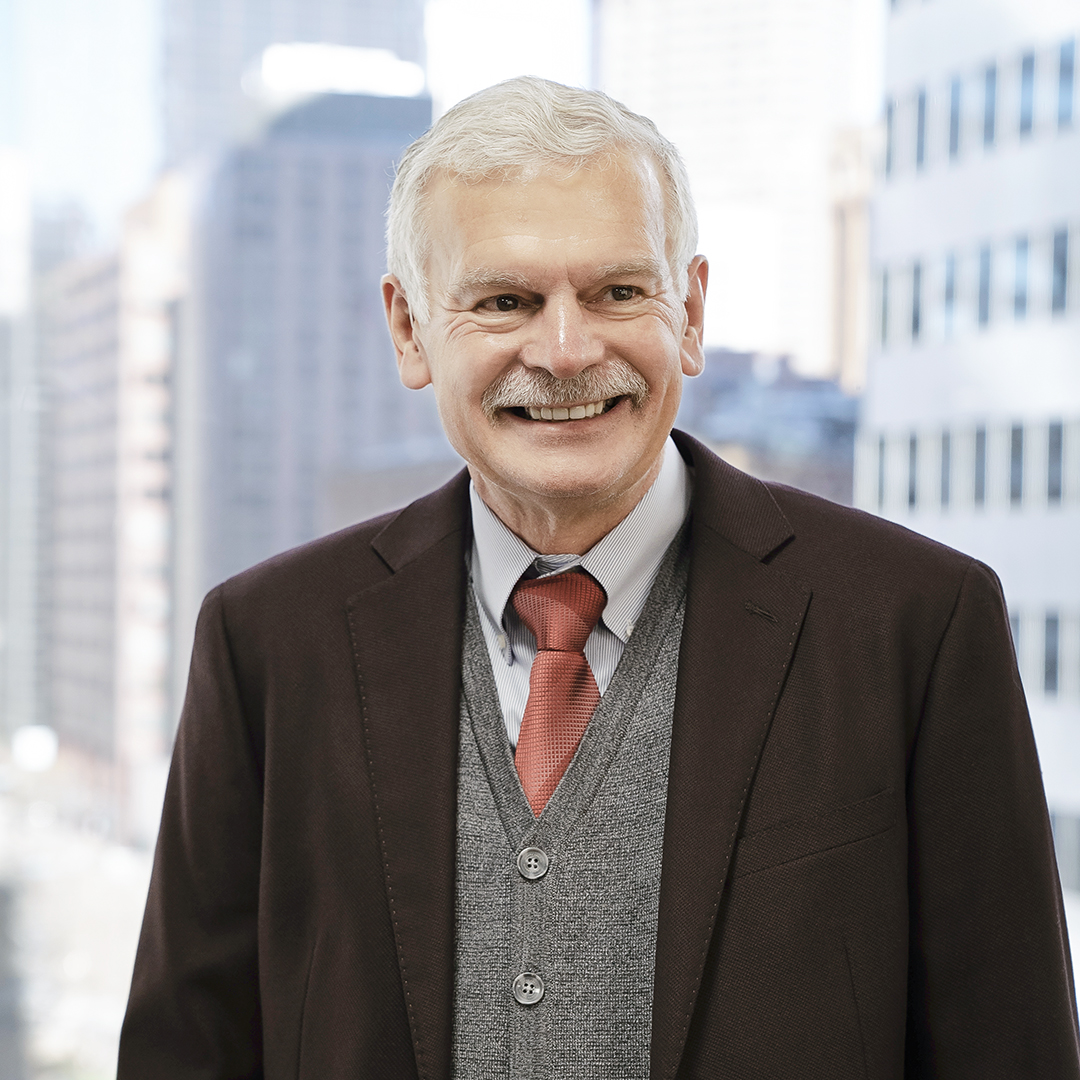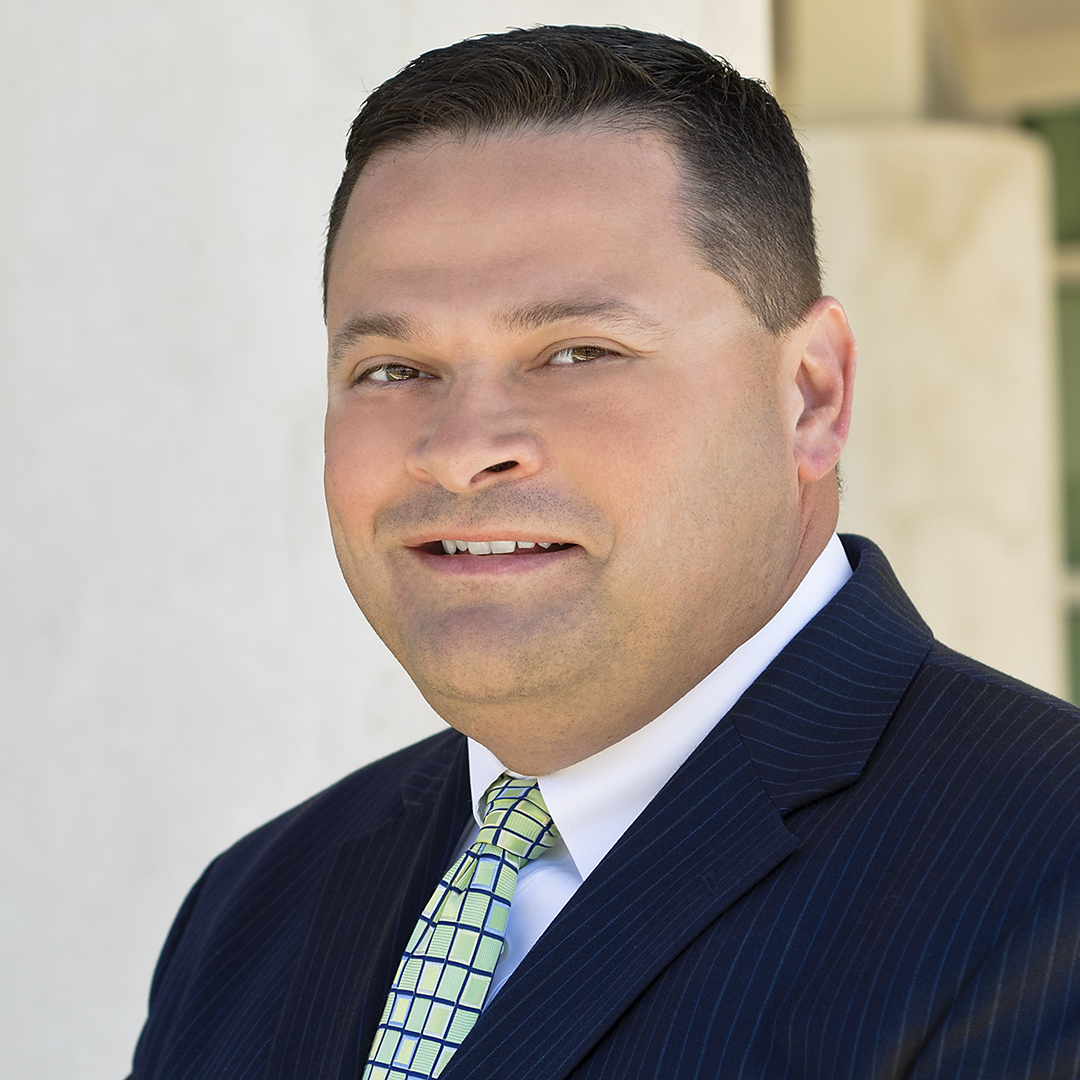In September of 2018, Bon Secours Health System and Mercy Health combined to become the United States’ fifth- largest Catholic healthcare ministry and one of the nation’s twenty largest healthcare systems. And unlike so many of the mergers that occur throughout the United States, this one was relatively painless according to Michael Bezney, senior vice president and general counsel of Bon Secours Mercy Health.
“How quickly we completed this deal was really amazing,” says Bezney, who grew up in rural Texas before beginning his law career in Dallas. “It only took a few meetings to cement the deal. It was amazing how culturally we were aligned from the very beginning. We both wanted to grow and position our ministry for the future and for our future growth.”

From the beginning, it seemed like the two organizations were meant to join together.“Throughout the whole process of the merger, there was a synergy that is hard to explain,” he says. “The world of Catholic healthcare is very small. Our CEO and their CEO each knew about the other’s organization, and their personalities were compatible. When people have a common goal and vision, amazing things can happen.”
Of course, all growth starts with a vision, and these two companies had a long tradition of caring for others.“The great thing about these two organizations is that they’re focused on being a ministry of the Catholic church. They are committed to improving the health of the communities and patients they serve, making sure that each person is treated with respect and dignity,” says Bezney.
Indeed, both organizations were founded by religious women who, in the eighteenth and nineteenth centuries, began ministries dedicated to serving people who were poor, underserved, and dying. For Bezney, it was important to retain the character of each organization while continuing to fulfill that larger mission they shared.“It is in furthering their legacies that we embrace our calling to extend Jesus’s healing ministry through compassion and service,” Bezney says. “This is the foundation of our ministry.”
Together, the two organizations worked to identify synergies that would increase efficiency and effectiveness of care delivery. One example of this shared services model was developing a core in-house legal team that provides legal counsel across the ministry. As a result, Bezney’s role has changed, as he’s overseeing the legal teams in double the number of hospitals, going from twenty attorneys to thirty. Yet, for Bezney and his counterparts, the most important part of this deal was the more than fifty-seven thousand employees that now unite to work for Bon Secours Mercy Health.
“When people have a common goal and vision, amazing things can happen.”
“It’s been all about transparency since day one,” he explains. “We wanted to achieve synergies immediately within this new ministry, and we knew that to do so, we needed to act quickly to establish a common foundation and key leadership. Within the first several months, we had a combined mission and set of core values, as well as a vision that paves the way for our future.
The changes were so subtle that Bezney says most employees probably didn’t even notice them.“This is truly a merger of equals, and we are focused on serving our patients as one team,” he says. “A year from now, you won’t be able to tell what was legacy Mercy Health and what was legacy Bon Secours. It won’t matter because our ministry will be united.”
The merging of these two strong, tradition-rich Catholic cultures into one, unified organization is nearly complete. Now serving communities along the East Coast and in Ohio and Kentucky at more than one thousand care sites, Bon Secours Mercy Health extends almost $2 million each day in benefits to poor and underserved patients. This includes traditional charity care and a variety of community health services. Moving forward, the priority continues, and always will be, the patient.
“We will always strive to care for the whole person, in mind, body, and spirit,” Bezney says. “We have the privilege of being part of something that’s bigger—it’s about being part of a system that doesn’t have limitations. You don’t have to be Catholic to commit to working for a higher purpose and improving the lives and health outcomes of patients.”
Deloitte’s US Health Care practice helps clients transform uncertainty into possibility and rapid change into lasting progress. Comprehensive audit, advisory, consulting, and tax capabilities deliver value at every step, from insight to strategy to action. Our people know how to anticipate, collaborate, innovate, and create opportunity from even the unforeseen obstacle. Learn more at www.deloitte.com


